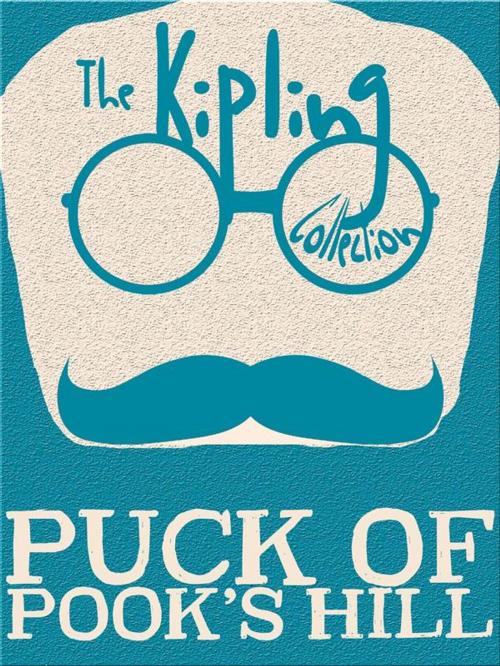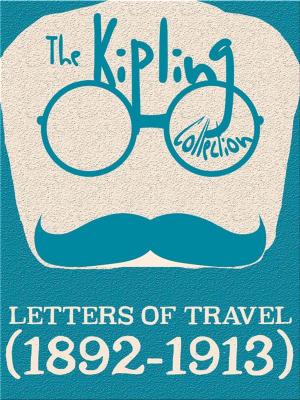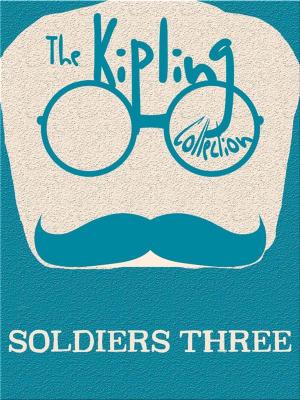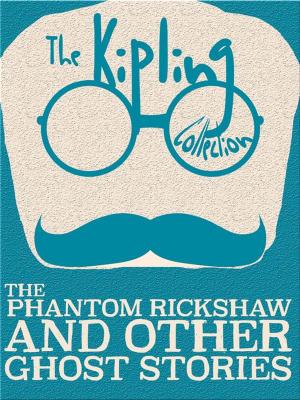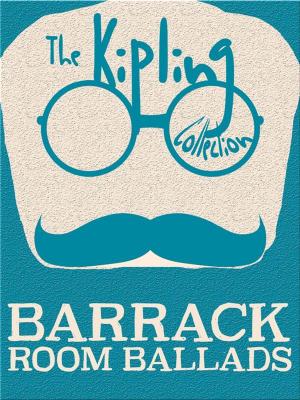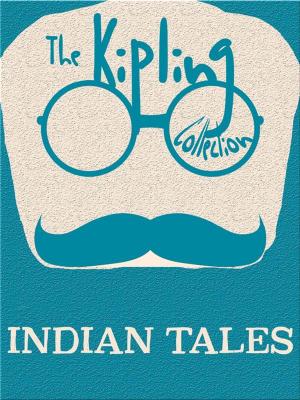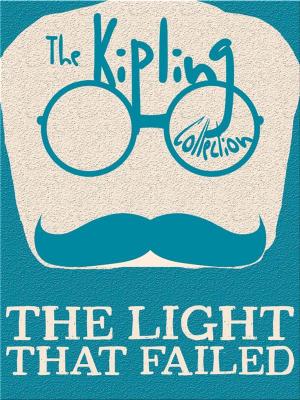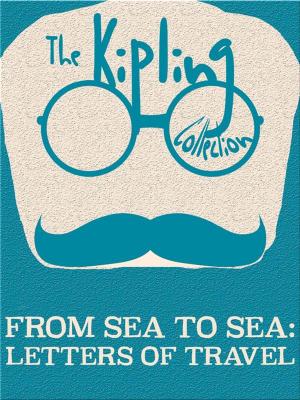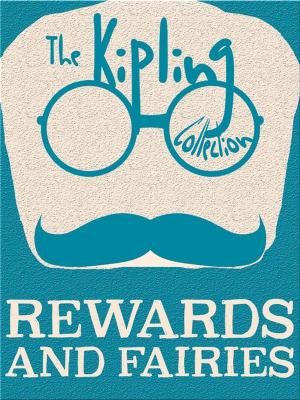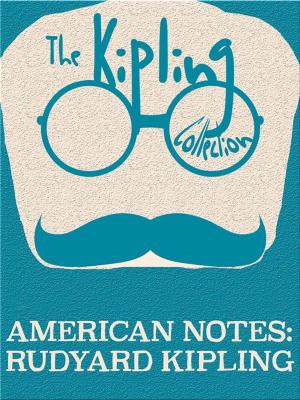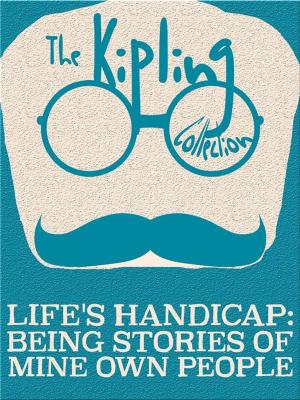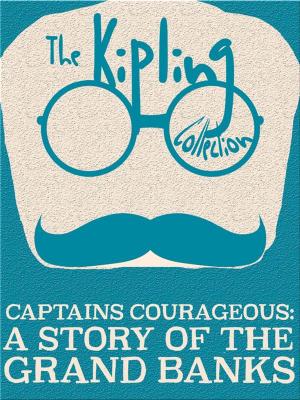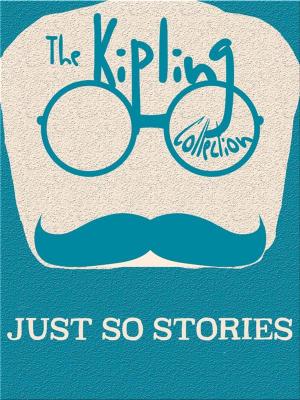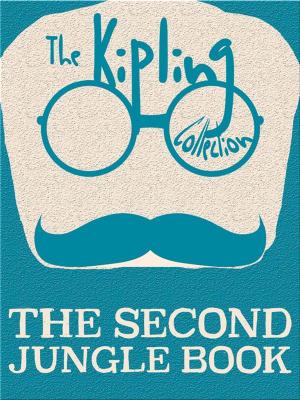| Author: | Rudyard Kipling | ISBN: | 9788827580349 |
| Publisher: | Kipling Press | Publication: | February 24, 2018 |
| Imprint: | Language: | English |
| Author: | Rudyard Kipling |
| ISBN: | 9788827580349 |
| Publisher: | Kipling Press |
| Publication: | February 24, 2018 |
| Imprint: | |
| Language: | English |
A pair of children happen across an ancient shrine, where they conjure up an impish sprite named Puck, who treats them to a series of tales about Old England. Rudyard Kipling, the storyteller behind Puck's fables, lived in the East Sussex region of Pook's Hill. To amuse his children, Kipling created these quasi-historical stories about the people who lived in their neighborhood centuries ago.
Readers of all ages will treasure Puck's ten magical tales of adventure and intrigue. Kipling's imaginative blend of fact and fancy transports readers back to the days of William the Conqueror, to the camps of the Roman legions who guarded Hadrian's Wall against the Picts, and to the thirteenth-century court of King John. All of the stories abound in the freshness of invention and narrative vigor that have kept the author's books popular for generations. Each enchanting myth is followed by a selection of Kipling's spirited poetry.
Kipling's works of fiction include The Jungle Book (1894), Kim (1901), and many short stories, including "The Man Who Would Be King" (1888). His poems include "Mandalay" (1890), "Gunga Din" (1890), "The Gods of the Copybook Headings" (1919), "The White Man's Burden" (1899), and "If—" (1910). He is regarded as a major innovator in the art of the short story; his children's books are classics of children's literature; and one critic described his work as exhibiting "a versatile and luminous narrative gift".
Kipling was one of the most popular writers in England, in both prose and verse, in the late 19th and early 20th centuries. Henry James said: "Kipling strikes me personally as the most complete man of genius (as distinct from fine intelligence) that I have ever known." In 1907, he was awarded the Nobel Prize in Literature, making him the first English-language writer to receive the prize, and its youngest recipient to date Among other honours, he was sounded out for the British Poet Laureateship and on several occasions for a knighthood, all of which he declined.
A pair of children happen across an ancient shrine, where they conjure up an impish sprite named Puck, who treats them to a series of tales about Old England. Rudyard Kipling, the storyteller behind Puck's fables, lived in the East Sussex region of Pook's Hill. To amuse his children, Kipling created these quasi-historical stories about the people who lived in their neighborhood centuries ago.
Readers of all ages will treasure Puck's ten magical tales of adventure and intrigue. Kipling's imaginative blend of fact and fancy transports readers back to the days of William the Conqueror, to the camps of the Roman legions who guarded Hadrian's Wall against the Picts, and to the thirteenth-century court of King John. All of the stories abound in the freshness of invention and narrative vigor that have kept the author's books popular for generations. Each enchanting myth is followed by a selection of Kipling's spirited poetry.
Kipling's works of fiction include The Jungle Book (1894), Kim (1901), and many short stories, including "The Man Who Would Be King" (1888). His poems include "Mandalay" (1890), "Gunga Din" (1890), "The Gods of the Copybook Headings" (1919), "The White Man's Burden" (1899), and "If—" (1910). He is regarded as a major innovator in the art of the short story; his children's books are classics of children's literature; and one critic described his work as exhibiting "a versatile and luminous narrative gift".
Kipling was one of the most popular writers in England, in both prose and verse, in the late 19th and early 20th centuries. Henry James said: "Kipling strikes me personally as the most complete man of genius (as distinct from fine intelligence) that I have ever known." In 1907, he was awarded the Nobel Prize in Literature, making him the first English-language writer to receive the prize, and its youngest recipient to date Among other honours, he was sounded out for the British Poet Laureateship and on several occasions for a knighthood, all of which he declined.
